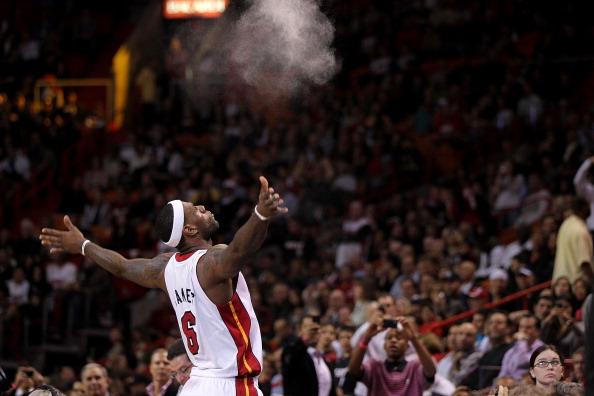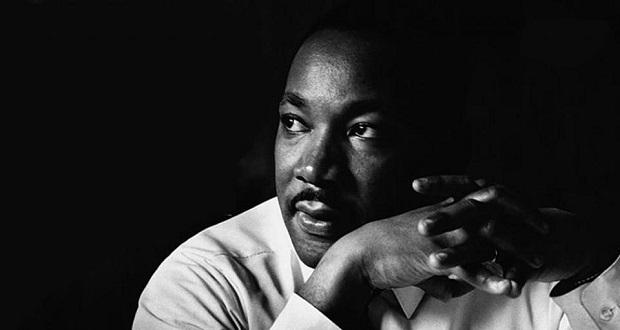The dictionary definition of standard is “that which is normal, usual or typical.” This definition begs the question: considered normal by whom? “Standards” that are oppressive and dehumanizing are being rejected at a level that we have not seen in over 50 years.
The dictionary definition of standard is 'that which is normal, usual or typical.' This begs the question: considered normal by whom? Share on XAs we continue to unpack and understand the challenges of realizing an equitable and just society, it is important to question standards — those things that we often take for granted as universally accepted — and who gets to set them. Who gets to decide what is professional and unprofessional? Who gets to decide who is respectable? Who gets to decide what is “scholarly?” Who gets to decide what “version” of history is taught in schools?
Who gets to decide what is professional and unprofessional? Who gets to decide who is respectable? Who gets to decide what is 'scholarly?' Who gets to decide what 'version' of history is taught in schools? Share on XAs a personal example, I decided to leave a corporate job 37 years ago to start The Winters Group, because the unwritten standard was that white men get promoted and Black people do not. I was selected as one of four people (three white men and me) to get my MBA through an executive development program. At the conclusion of the program, the three white men were immediately promoted into vice president roles. Top leadership did not know what to do with me and asked what I wanted to do. I thought it strange that after investing in me, they had not considered my next career move at the very least. Since I was asked, I shared that I too aspired to a leadership role like my classmates from the MBA program. It was clear that that was not considered “normal” for someone like me. I stayed with the company a couple of more years but could no longer tolerate the unfair treatment that ensued on a daily basis.
What was the cost?
Personally, I struggled with feelings of inadequacy and self-doubt for several years; these still crop up every now and then, even though I feel leaving the corporate world was one of the best decisions of my life. The cost to the corporation was that they lost, by their own admission, a “high potential” employee.
Over the coming weeks, our next feature series, “By Whose Standards?” will challenge standards and “rules” — both written and unwritten — set by those in power that disadvantage Black and Brown people and other marginalized groups. Bringing a variety of perspectives and experiences, our writers will explore the personal, organizational and even societal costs of these standards, and help us to imagine viable alternatives. We invite you to join us, interrogating the question of “By Whose Standards?” in your own organization and advocating for overdue shifts in whose standards are appreciated and implemented.
Over the coming weeks, our next feature series, 'By Whose Standards?' will challenge standards and 'rules,' written and unwritten, set by those in power that disadvantage Black and Brown people and other marginalized groups. Share on X



















